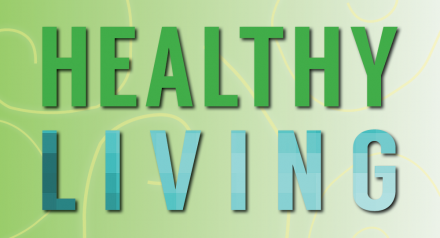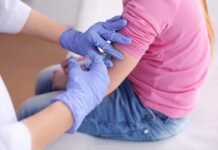
Before you head outside, remember to guard yourself against insects. “While most people have mild reactions to insect bites, some people have severe allergic reactions that require emergency treatment,” says Dr. Christopher Ratchford, a Habersham Medical Center emergency department physician. “In addition, some insects carry disease, such as Lyme Disease and Rocky Mountain Spotted Fever.”
Here are some steps to minimize the risks:
- Avoid going outdoors during peak hours when insects are swarming – dusk and dawn.
- Use insect repellent. Repellents with DEET are effective in preventing bites by mosquitoes, ticks, fleas, chiggers, etc. Repellents for children should contain no more than 10 percent DEET. Do not use DEET on babies.
- Don’t use scented soaps, perfumes or hair sprays as they can attract flying insects.
- Don’t leave food, drinks or garbage uncovered.
- Avoid areas where insects nest or gather, such as stagnant pools of water, garbage cans, and gardens where flowers are in bloom.
- When outdoors in grassy areas, wear long-sleeved shirts and pants with protective or closed-toed shoes. Avoid dressing in bright colors or flowery prints.
- Check yourself and children for ticks after leaving possible infested areas.
- Don’t touch bees or wasps that may sting. If you do get stung, pull out the stinger, wash the area with soap and water and apply ice to prevent swelling. You may have to apply hydrocortisone cream to the affected area to prevent itching.
Seek medical attention if a bite wound remains or worsens over several days. Get immediate medical attention if you have been bitten or stung and you know you are allergic or could get dangerously ill from a bite. Symptoms of an allergic reaction include hives, itching or a rash, swollen lips or eyelids, swelling of the throat, difficult breathing and decreased consciousness.
“When it comes to insects, be cautious and seek medical attention if you have any allergic reactions or concerns,” adds Ratchford.







